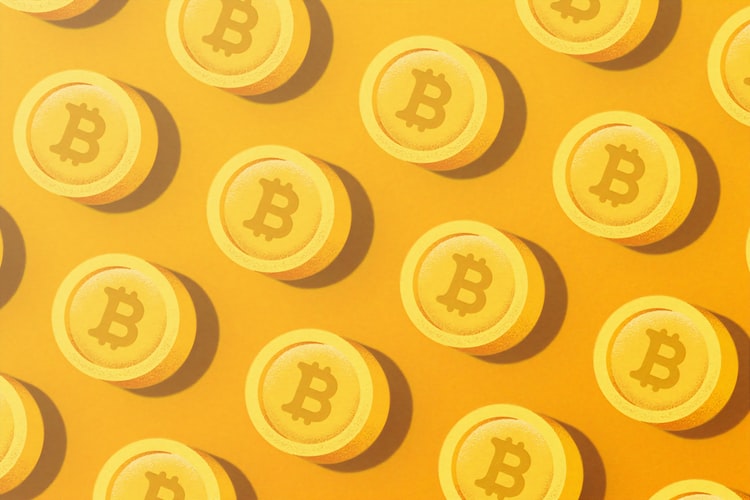When it comes to emerging technology, blockchain is at the forefront of everyone’s mind. While this disruptive technology has been making headlines for years now, it has potential that far exceeds just extravagant returns for investors.
Blockchain brings with it the promise of revolutionizing many industries that have been staggering in the post-internet world. Here are some of the most promising advancements across several industries.
Many people have called blockchain integrated poker the second coming of poker online. Those that are interested in this new wave of technology are people that are interested in computers and coding, not typical poker enthusiasts. The combination has brought in a whole new audience for this old and cherished game. For new players, it’s a difficult game to master but by starting with the first tiny step and practicing the basics, you can become a strong player over time.
There are hundreds of websites and platforms dedicated to blockchain poker that have sprouted up around the world to help grow this new industry. What blockchain poker and gaming truly bring to the table is a few sincere promises.
First, it is completely decentralized in many cases, meaning you can access games from anywhere in the world and there are no disruptive forces that can shut it down. There are also many measures that ensure a completely fair and even playing field, one where cheaters cannot prosper.
Decentralized Finance
In recent months, the term decentralized finance, or DeFi has really started to take on a life of its own in financial circles around the world. The main concept revolves around the idea of recreating traditional financial instruments with blockchain to make them completely decentralized and out of the control of individual corporations or governments. This in turn makes them more accessible to everyone and also harder to manipulate.
Cryptocurrencies and blockchains are powered by the strength of the network that is made up of tens of thousands of computers around the world. Some blockchains like Dai or Tether present themselves as “stablecoins” or digital tokens that act as a means of currency exchange for global commerce. Others are more ambitious and aim to promote the use of “smart contracts”.
These are computer programs that act as transaction protocols and are intended to be legally binding contracts that are programmed with the terms that the parties agree on. The possibilities are enormous and there are many more exciting DeFi developments happening in this space.
Digital Identity
The proposition of digital identity has been around since the formation of the internet, and surely even before that in some capacity. In society, we have so many different documents to keep track of all of our necessities, such as birth certificates and medical information. Blockchain proponents have suggested that this technology can finally revolutionize this space.
Digital identity will be easy to transport and infallible proof of our identity and all of the necessary information that comes with it, directly on the blockchain that will make it exceptionally easy and efficient to access in the case of legal matters, hospital records, voting, citizenship and everything else. Blockchain is essentially a digital ledger that can not be erased or changed in any way, only added to.
Digital Identity is one of the clearest and most obvious examples of a blockchain use case. Hospitals and doctors are always misplacing old information, and financial records can be catastrophic if lost. There are also millions of people around the world that have essentially no identity at all because they were never given the proper paperwork when they were born.
A digital identity could be presented to people in this situation and they would be able to improve their situation in life and have access to careers and proper medical treatment when needed.


Source: Vime Digital
Payment Processors
Of course, the original use case for blockchains like Bitcoin and others is payment processing. With there being so much fear these days about inflation and confiscatable money, cryptocurrencies were an understandable reaction.
Blockchain technology enables a global payment network where money can be sent instantly, like email, but has no central authority mitigating transactions. With private wallets, you can send money directly to another party with no in-between governing entity like Mastercard or a bank. This has many clear advantages proponents would say outweigh the risks, but it is important to take note of said risks.
Currently, there is no way to cancel or “rollback” transactions, once you send your currency, it is irreversible if you send to the wrong address. Also, if you lose access to your private wallet, there is no means of reclaiming it if you haven’t made the effort to back up your private keys. Many people feel that there will have to be solutions to these drawbacks and others before cryptocurrencies gain worldwide appeal, but the technology is certainly promising to say the least.
Disclaimer: This is a paid post and should not be considered as news/advice.
The post appeared first on AMBCrypto






